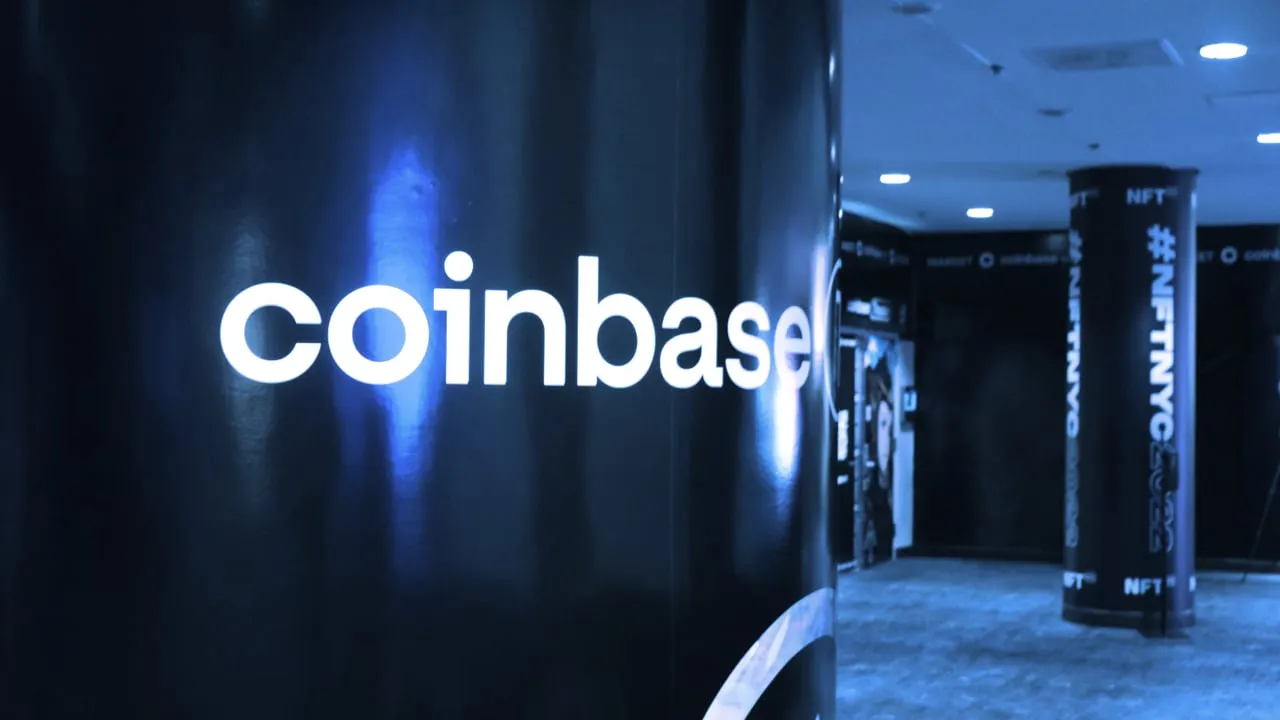In what may signal the beginning of a new phase in the battle for stablecoin dominance, Coinbase, the world’s second-largest crypto exchange by trading volume, is now encouraging its users to swap from Tether's USDT to Circle's USDC with zero-fee trades.
"The events of the past few weeks have put some stablecoins to the test, and we’ve seen a flight to safety," the exchange said in a blog post. "We believe that USD Coin (USDC) is a trusted and reputable stablecoin."
Launched in 2018, USDC is managed by Centre, a consortium formed to improve the mainstream adoption of stablecoins. Coinbase, along with the Boston-based financial services company Circle, is the founding member of the consortium.
Switch to a trusted stablecoin: USD Coin (USDC). Now convert Tether (USDT) to USDC with zero fees.https://t.co/OObSqNWdpj
— Coinbase (@coinbase) December 8, 2022
With a market capitalization of $42.8 billion, USDC is the industry’s second largest stablecoin behind USDT, which is valued at $65.7 billion, data from Coingecko shows.
According to Coinbase, USDC is “unique” as it is 100% backed by cash and short-dated U.S. treasuries held in U.S. regulated financial institutions, meaning the stablecoin can always be redeemed 1:1 for U.S. dollars.
“Customers are calling for transparency, and USDC delivers via monthly attestations by Grant Thornton LLP, one of America’s largest audit, tax, and advisory firms,” said Coinbase, adding that its eligible customers earn up to 1.5% APY on their USDC holdings with Coinbase.
Stablecoin battle rages on
Issued by Tether, USDT briefly lost its claimed parity to the greenback soon after the collapse of FTX last month, trading hands at nearly 97 cents on November 9.
Commenting on the depegging, Tether said that "during periods of market volatility, the trading price for USDT that is quoted on exchanges may fluctuate. This happens because there is more demand for liquidity than exists on that exchange's order books and has nothing to do with Tether's ability to hold its peg nor the value or makeup of its reserves."
In October, Tether announced the firm completely eliminated commercial paper from its reserves, replacing those investments with U.S. Treasury Bills.
USDC, in turn, had issues on its own in recent weeks as the world’s largest crypto exchange Binance, which runs a competing stablecoin called BUSD, moved to discontinue support for USDC, Paxos's Pax Dollar, and TrueUSD.
Starting from September 29, the exchange automatically converts any remaining USDC, USDP, and TUSD balances to BUSD, the third-largest stablecoin with a market cap of $22 billion.
In an SEC filing last month, Circle admitted that the collapse of FTX and automatic conversions of USDC on Binance will cause the firm’s performance to be “materially lower” than the projections it made in February.

